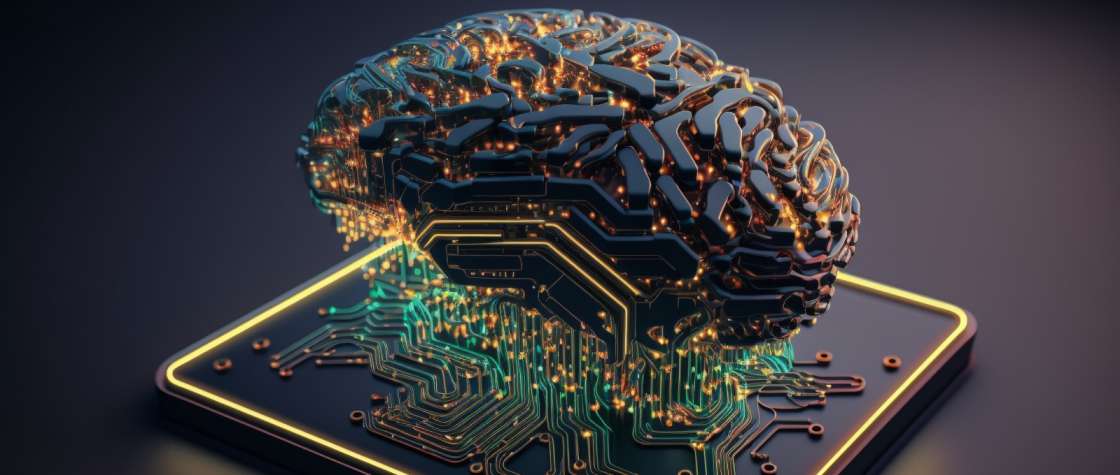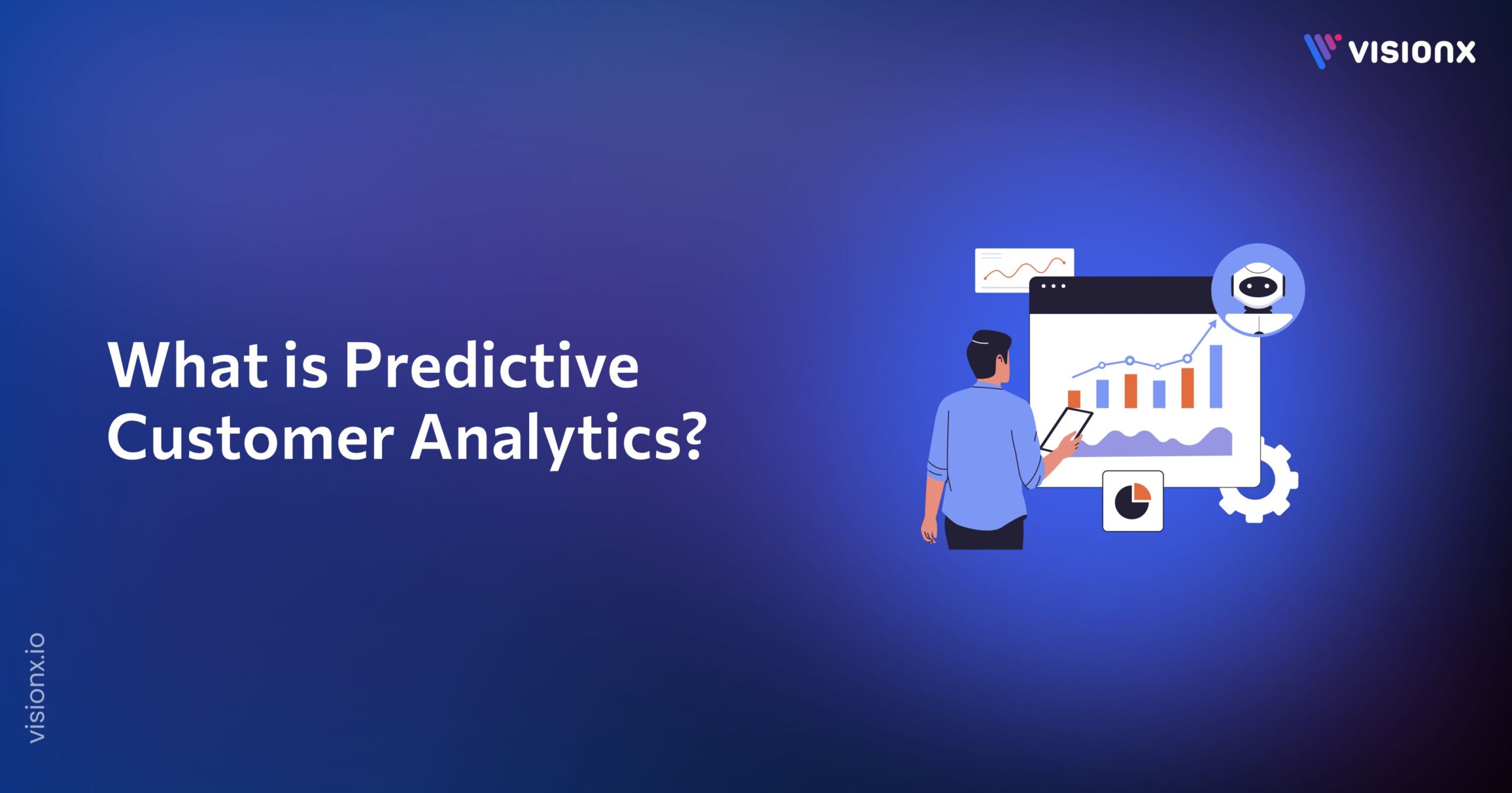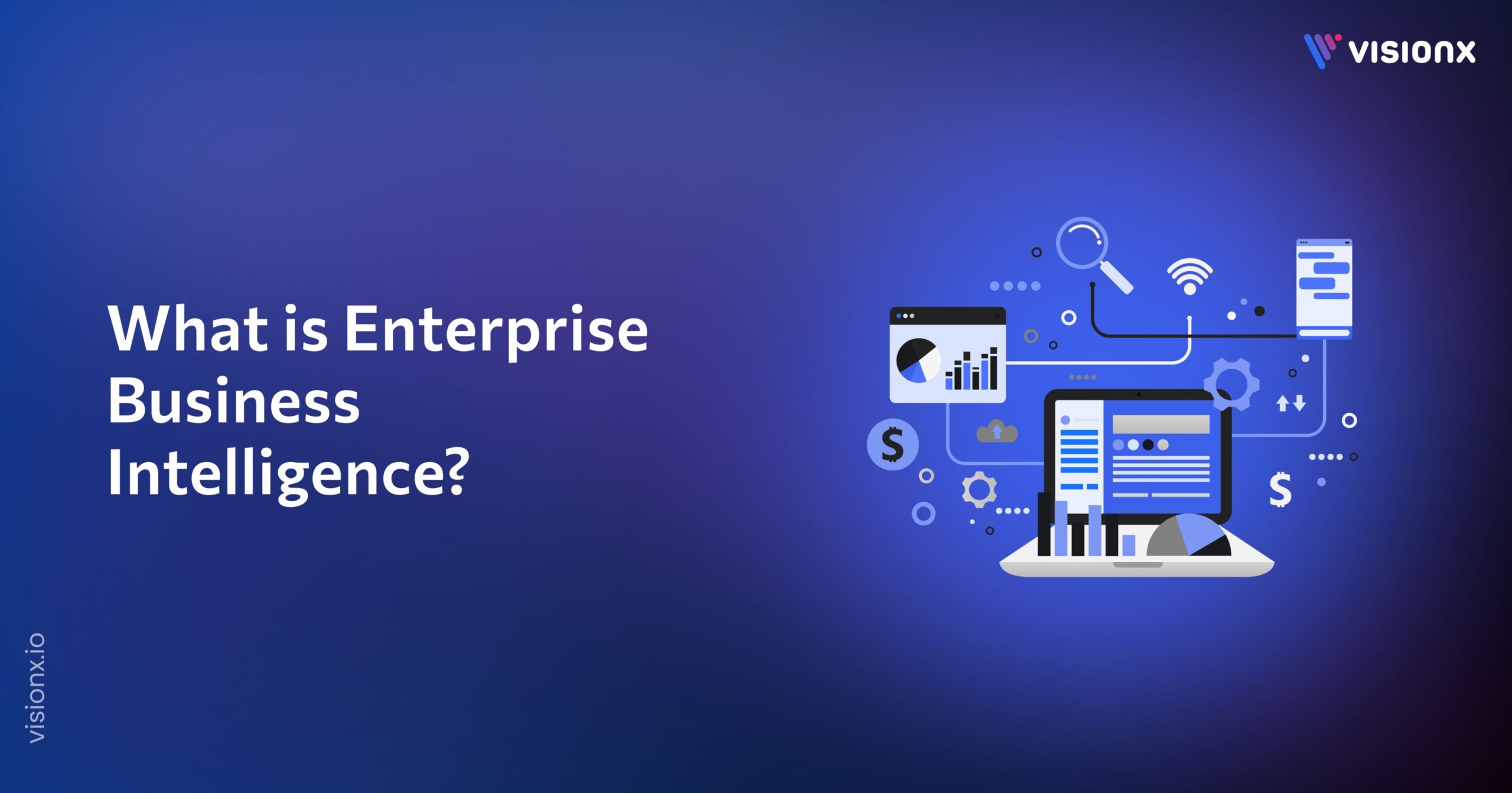Introduction
Imagine you have two cutting-edge fields: quantum computing, a realm of super-fast computations harnessing the principles of quantum mechanics, and machine learning, a subset of artificial intelligence that teaches computers to learn from data. Now, what happens when you combine them? That’s where Quantum machine learning comes into existence!
In simple terms, quantum machine learning takes the best of both worlds. From quantum computing, it borrows the ability to perform complex calculations at extraordinary speeds. From machine learning, it takes the skill to sift through data and find patterns that humans or even classical computers might miss. Put these together, and you get a field that promises to redefine the future of technology.
Why Understanding Quantum Machine Learning is Essential?
The question, “Why should I care about this fusion?” may cross your mind. Well, the issues we have now are what hold the solution. Whether it’s discovering a new drug to combat diseases, predicting financial markets, or making our supply chains more efficient, the challenges are getting more complex. Traditional computing methods are struggling to keep up, and here’s where quantum machine learning can be a game-changer.
Not only does it offer solutions to problems considered nearly unsolvable, but it does so faster and more accurately than ever before. Understanding this field is not just for scientists or tech enthusiasts. In the fast-digital world, it is essential for anyone who wants to keep on top of the game.
What is Quantum Machine Learning?
You know how your computer has a bunch of tiny parts called ‘bits’ that can be either a 0 or a 1? Well, quantum computers use something called ‘qubits’. Imagine a spinning top. Instead of just being a 0 or a 1, a qubit can be any position in between while it’s spinning. This lets quantum computers do a lot of calculations at once, making them super fast compared to regular computers.
Regular computers use logic gates like AND, OR, and NOT to process bits. Quantum computers use something similar called ‘quantum gates.’ These gates manipulate an input of qubits into a different output of qubits by changing their probabilities. Imagine you’re mixing different paint colors; quantum gates mix qubits in specific ways. A series of these gates is called a ‘quantum circuit,’ it’s like a recipe that tells the computer what to do.
Machine learning development is all about teaching computers to learn from data, kind of like how we learn from textbooks or experience. The most common way to teach a computer is through ‘supervised learning.’ Here, we give the computer some data where we already know the answer, like showing it pictures of cats and telling it, “These are cats.” Over time, the computer learns to recognize cats on its own. But sometimes, we don’t have the answers. That’s ‘unsupervised learning’. It’s like handing over a puzzle and letting the computer figure it out. The computer looks for patterns or groups in the data all by itself.
Machine learning uses ‘neural networks,’ inspired by how our brain works, to do all this learning. These networks comprise layers that process data and refine the answers step by step. ‘Algorithms’ are the set rules that guide this process.
Combining Quantum Computing and Machine Learning
Now that you’ve got the basics down let’s discuss about mixing them into quantum machine learning. This is like giving our already-smart machine-learning models a super-boost with quantum speed. Using the special properties of qubits and quantum circuits, these models can learn and solve problems faster and sometimes even better.
Why is this cool? Well, some problems that take a super long time to solve with regular computers and machine learning could be done much more quickly with quantum machine learning. For example, searching through a huge database for something specific could be almost instant!
In short, quantum machine learning involves qubits, quantum gates, and quantum circuits from the quantum computing world. From the machine learning side, it takes neural networks and algorithms. When we combine them, we use special ‘quantum algorithms’ that can run on a quantum circuit. This is the engine that powers the super-fast, super-smart quantum machine learning models.
Quantum Machine Learning Applications
Healthcare
Finding a new medicine is like finding a needle in a haystack; it’s really hard and takes a lot of time. Quantum machine learning can go through a massive list of possible drug combinations super quickly. It can spot promising options for new drugs much faster than regular methods. So, whether it’s finding a cure for a common cold or tackling something big like cancer, this technology could be a game-changer.
Your DNA is like a unique instruction manual that makes you who you are. Understanding it can help us treat diseases better. Quantum machine learning can read through this huge, complicated manual faster and more accurately. This could lead to personalized medicine, where your treatment is tailored just for you!
Finance
In the finance world, knowing the risks before making an investment is super important. Quantum machine learning can analyze market trends and data way quickly and spot risks that regular methods can’t see. That means you can make smarter investment decisions.
Nobody likes a cheat, especially when it comes to money. Quantum machine learning can scan through tons of transactions in the blink of an eye. It can spot unusual activity that might be a sign of fraud, helping banks and credit card companies keep your money safe.
Supply Chain Optimization
Imagine a big delivery company that has to send packages to lots of different places. Figuring out the fastest and cheapest way to do that is a huge headache. Quantum machine learning can sort this out in no time, making sure your package gets to you as quickly and cheaply as possible.
In any business, you’ve got a bunch of resources like time, people, and materials. Using them wisely is key to making more money and growing your business. Quantum machine learning can help companies make those smart decisions quickly.
Energy
Finding the best way to use or save energy is a big deal these days. Quantum machine learning can analyze loads of data from things like wind turbines, solar panels, or even your home appliances to help us use energy more efficiently.
Telecommunications
Think about how much data is flying around through our phones and the internet. It’s a lot! Quantum machine learning can help make sure that data gets where it needs to go quickly and securely.
National Security
When it comes to keeping a country safe, quick and accurate information is super important. Quantum machine learning could help spot security risks or decode encrypted messages way faster than before.
Quantum Machine Learning Training
Prerequisites:
A bit of knowledge in both quantum computing and machine learning will go a long way. Don’t worry; you don’t have to be an expert, but understanding the fundamentals, like what qubits and neural networks are, will help you a lot.
Academic Programs and Courses:
If you’re wondering where to learn all this stuff, there are plenty of options. Some top-notch universities offer courses on quantum machine learning. But if you’re not looking for something so formal, online platforms like Coursera, Udemy, and edX offer courses, too.
Best Practices for Training:
Reading about quantum machine learning is good, but actually doing it is even better. The more you practice, the more you’ll learn. So, try to get some hands-on experience by working on small projects or labs.
Open-Source Contributions:
Learning isn’t just about sitting in a classroom or in front of a computer. Being part of a community can help you learn faster. You can join online forums or local tech meetups to share what you know and learn from others. Plus, contributing to open-source projects can give you real-world experience.
Importance of Cloud-Based Quantum Machine Learning Tools
The Importance of Cloud-based Tools can not be neglected.
Accessibility:
Cloud-based tools make life a lot easier. Remember the days when you needed to install heavy software on your computer to do anything interesting? Well, with cloud-based tools, all you need is a good internet connection. You can access powerful quantum machine learning capabilities from anywhere, even your couch!
Scalability:
The cloud grows with you. When you’re starting, you might not need much computing power. But as you get more into it, you’ll want to tackle bigger and more complex problems. Cloud-based tools can easily adapt, giving you more resources when you need them.
Popular Cloud-Based Quantum Machine Learning Platforms
1. IBM Quantum Experience
- Provider: IBM
- Features: IBM is a big name in tech, and its Quantum Experience platform is a playground for anyone interested in quantum machine learning. It’s user-friendly and offers lots of features, making it a great place to start or expand your learning.
2. Microsoft Azure Quantum
- Provider: Microsoft
- Features: Microsoft’s Azure Quantum is another go-to platform. It’s especially good if you’re already using other Microsoft products or services. Azure makes it easy to integrate everything, so you can focus on learning and building, not troubleshooting.
3. Google Quantum AI
- Provider: Google
- Features: Established by Google Research in May 2013, its Quantum Computing Service offers a platform that enables researchers to access beyond-classical computational resources. It provides chaperoned access to NISQ processors and simulators.
4. Xanadu Quantum Cloud
- Provider: Xanadu
- Features: Offers cloud-based access to three fully programmable photonic quantum computers. The company’s full-stack Python library, codename Strawberry Fields, is designed for quantum chemistry, finance, logistics, and cloud-based quantum machine learning (ML).
5. Forest: Rigetti Computing
- Provider: Rigetti Computing
- Features: Offers its Quantum Cloud Services (QCS), where its quantum processors (QPUs) are tightly integrated with classical computing infrastructure and made available over the cloud. The SDK comprises of pyQuil, a Python library for building and executing Quil programs.
Cloud-Based Quantum Machine Learning Solutions
Solutions for Enterprises
- Customization:
Every business is unique, so one-size-fits-all doesn’t really work here. Look for cloud-based solutions that let you customize features to fit your company’s needs.
- Security:
When you’re dealing with important business data, security is a big deal. Make sure the platform you choose has top-notch security features to keep your data safe.
Solutions for Academia and Research
- Collaboration
Research isn’t a solo act; it’s a team effort. Cloud-based solutions should make it easy for you to collaborate with peers, whether they’re in the same room or halfway around the world.
- Open-Source Options
For academic and research settings, having open-source options can be a huge plus. This allows for more freedom to modify and share your work, accelerating the pace of discovery.
Future of Quantum Machine Learning
Potential Breakthroughs
Quantum machine learning is like a rocket waiting to take off. Experts believe it has the power to transform many fields. For example, real-time language translation could get a whole lot better. Or imagine self-driving cars that can make much safer split-second decisions. These are a couple of the giant leaps we might see soon.
Challenges to Overcome
It’s not all smooth sailing. There are challenges, like figuring out how to make quantum computers more stable and easier to use. And let’s not forget, they’re super expensive right now. So, making them affordable will be a big hurdle to overcome.
Upcoming Trends
Companies aren’t just sitting and watching; many are diving into the quantum machine learning pool. We’re likely to see more user-friendly tools and platforms. This could make using this technology easier for more people and businesses.
Investment and Partnerships
Money talks, right? Significant investments are flowing into the field of quantum machine learning. And it’s not just tech companies; even governments are getting involved. Partnerships between academia and industry are also on the rise. This kind of support could speed up discoveries and applications.
Conclusion
Quantum Machine Learning (QML) represents a thrilling frontier in artificial intelligence and quantum computing. It’s essential to acknowledge that Quantum Machine Learning is still in its infancy. Yet, its promise is undeniable. With advancements in quantum hardware, quantum algorithms, and the collaborative efforts of researchers and engineers worldwide, we can anticipate exciting breakthroughs in the near future.
Don’t just stand on the sidelines; participate in this exciting future! Whether you’re a student, a business leader, or just someone curious, there are ways for you to get involved. Take a course, join a community, or experiment with cloud-based tools. The future of quantum machine learning is a story that’s still being written, and you could be one of its authors!


